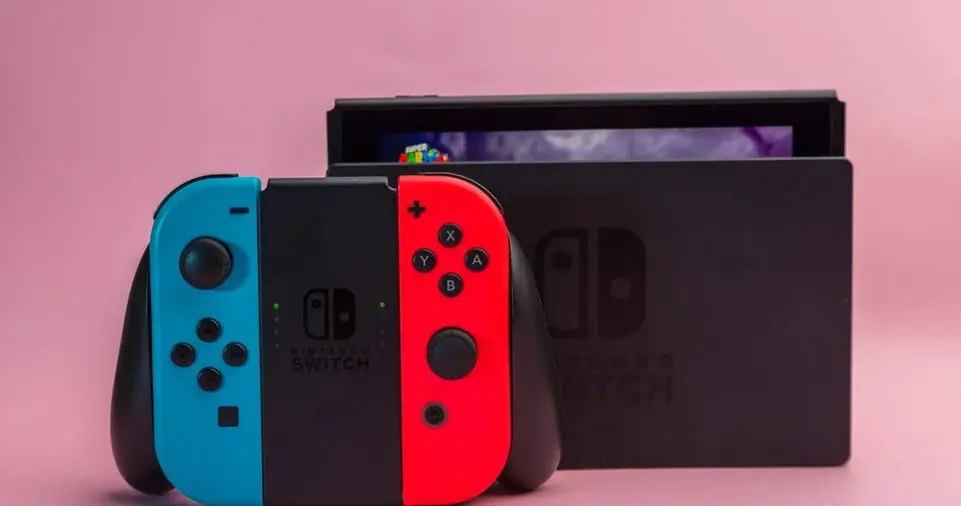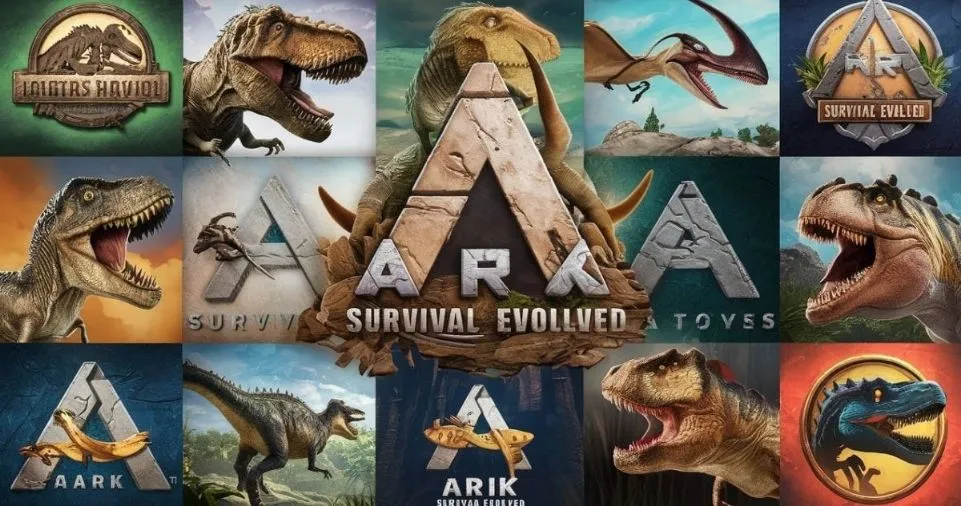Gaming has transformed from a niche hobby into a global entertainment powerhouse, captivating players of all ages and backgrounds.
With advancements in technology, gamers today have access to an incredible range of platforms, each offering unique experiences.
But with so many options available, how do you decide which is the best fit for you?
The choice between PC, console, and mobile gaming isn’t just about technology—it’s about lifestyle, preferences, and priorities.
Are you drawn to the cutting-edge graphics and customization of PC gaming?
Do you crave the simplicity and exclusive titles that consoles provide?
Are you more intrigued by the convenience and portability of mobile gaming?
In this article, we’ll delve into the key features, advantages, and limitations of each platform.
Whether you’re a casual gamer looking to unwind or a competitive player chasing the next challenge, this guide will help you make an informed decision tailored to your gaming style.
Understanding the Platforms
Before diving into comparisons, let’s define what each platform offers:
- PC Gaming: Played on desktops or laptops, this platform offers the highest flexibility, hardware customization, and graphical performance. PC gaming often requires an upfront investment in hardware and peripherals.
- Console Gaming: Focused on ease of use, consoles are gaming-specific devices like the PlayStation, Xbox, or Nintendo Switch. They provide a plug-and-play experience with optimized games and consistent performance.
- Mobile Gaming: Played on smartphones or tablets, mobile gaming thrives on accessibility and portability. Many mobile games are free-to-play or inexpensive, with a growing library of high-quality titles.
PC Gaming: Power and Versatility

PC gaming is often seen as the gold standard for gamers who prioritize performance, customization, and expansive libraries.
Here are its key characteristics:
Advantages of PC Gaming
- Superior Graphics and Performance: PCs allow for high-definition graphics, ultra-fast frame rates, and customizable settings. Gamers can achieve 4K resolution and smooth gameplay with the right hardware.
- Customization: Build your PC to match your needs. Whether you’re a casual gamer or a professional streamer, you can select components (CPU, GPU, RAM, etc.) to suit your preferences.
- Game Library and Compatibility: Platforms like Steam, Epic Games Store, and GOG offer thousands of titles, including indie games, AAA titles, and mods. Backward compatibility ensures older games remain playable.
- Multitasking Capabilities: PCs aren’t just for gaming. They can also be used for work, video editing, content creation, and more, offering excellent value for multitaskers.
- Peripherals and Control Options: PCs support various input devices, from keyboards and mice to game controllers, flight sticks, and VR headsets.
Drawbacks of PC Gaming
- Cost: High-performance gaming PCs can be expensive, with prices often exceeding $1,000. Upgrades and maintenance also add to the cost.
- Complex Setup: Building or upgrading a PC requires technical knowledge. Troubleshooting issues can also be time-consuming.
- Portability: While gaming laptops exist, they’re often heavier and bulkier than mobile or console options. Desktop PCs are stationary by nature.
Console Gaming: Simplicity and Community

Consoles offer a streamlined gaming experience, perfect for those who value convenience and social play.
Advantages of Console Gaming
- Ease of Use: Consoles are plug-and-play. Setup is simple, and games are optimized for the hardware, eliminating the need for customization or troubleshooting.
- Exclusive Titles: Consoles often boast exclusive games. PlayStation users enjoy titles like The Last of Us and God of War, while Nintendo offers iconic franchises like Zelda and Mario.
- Cost-Effectiveness: Consoles provide consistent performance at a lower upfront cost compared to high-end gaming PCs.
- Social Gaming: Consoles excel at multiplayer gaming, with features like split-screen and online matchmaking. Services like PlayStation Plus and Xbox Live enhance the social experience.
- Living Room Integration: Consoles are designed for living room gaming. They integrate well with TVs, providing a comfortable, communal experience.
Drawbacks of Console Gaming
- Limited Hardware Customization: Unlike PCs, consoles can’t be upgraded significantly. You’re limited to the hardware’s capabilities until the next generation is released.
- Online Subscriptions: Multiplayer gaming often requires a paid subscription, adding recurring costs.
- Game Prices: Console games are typically more expensive than their PC counterparts, especially at launch.
- Performance Limitations: While modern consoles deliver impressive graphics, they can’t match the performance and flexibility of high-end PCs.
Mobile Gaming: Accessibility and Portability

Mobile gaming is the most accessible platform, appealing to casual and competitive gamers alike.
Advantages of Mobile Gaming
- Portability: Mobile games are playable anywhere. All you need is a smartphone or tablet, which most people already own.
- Affordable Gaming: Many mobile games are free-to-play or cost just a few dollars. In-app purchases are optional for most titles.
- Quick Gameplay Sessions: Mobile games are designed for short, casual play sessions, perfect for filling idle moments.
- Large Game Library: With millions of games available on app stores, mobile gaming offers unparalleled variety, from puzzle games to battle royales.
- Cross-Platform Play: Some mobile games, like Fortnite and Genshin Impact, support cross-platform play, allowing you to compete with PC and console players.
Drawbacks of Mobile Gaming
- Limited Performance: Even high-end smartphones can’t match the graphical fidelity and processing power of PCs or consoles.
- Touchscreen Controls: While convenient, touchscreen controls can lack precision compared to keyboards, mice, or controllers.
- In-App Purchases: Many mobile games rely on microtransactions, which can become costly for players who want the full experience.
- Battery Drain: Gaming can significantly deplete your device’s battery, limiting playtime.
ALSO READ: Minecraft (2009) Game Icons and Banners: A Comprehensive Guide
Factors to Consider When Choosing a Platform
Selecting the best platform involves evaluating your needs, preferences, and lifestyle.
Consider the following factors:
Budget
- PC: Ideal for those willing to invest upfront for long-term performance.
- Console: Offers a balance between affordability and quality.
- Mobile: Most budget-friendly, as it leverages devices you already own.
Gaming Goals
- Casual Gaming: Mobile is perfect for short, accessible gameplay.
- Hardcore Gaming: PCs and consoles cater to immersive experiences and competitive play.
- Social Gaming: Consoles shine in multiplayer and living room setups.
Portability
- If you value gaming on the go, mobile devices or portable consoles like the Nintendo Switch are ideal.
- PC and traditional consoles are better suited for stationary setups.
Game Library
- Research which platform offers the games you love most, especially exclusives.
- PCs generally provide the largest library, while consoles excel in exclusive AAA titles.
Upgradability and Longevity
- PCs offer unmatched upgradability, ensuring they stay relevant longer.
- Consoles require generational upgrades but provide consistent performance during their lifecycle.
Community and Multiplayer
- If you enjoy online multiplayer, consider where your friends play. Cross-platform titles can help bridge gaps.
Future Trends and Considerations
Gaming technology is evolving rapidly, with innovations like cloud gaming and virtual reality (VR) reshaping the industry.
Cloud Gaming
Platforms like Xbox Cloud Gaming, Google Stadia, and NVIDIA GeForce Now enable high-quality gaming without powerful hardware. This trend may blur the lines between PCs, consoles, and mobile devices.
Virtual Reality
PCs and consoles currently dominate VR gaming, but mobile VR solutions are improving. If VR appeals to you, consider its platform availability.
ALSO READ: ARK: Survival Evolved (2017) Game Icons and Banners – A Comprehensive Guide
Conclusion
Choosing the best gaming platform depends on your unique preferences and priorities.
Whether you’re drawn to the raw power of a PC, the ease of a console, or the accessibility of mobile gaming, each platform offers something special.
Take time to evaluate your budget, gaming goals, and preferred titles. Remember, there’s no one-size-fits-all answer—only the best platform for you. So, gear up, dive in, and enjoy the world of gaming on your terms!





